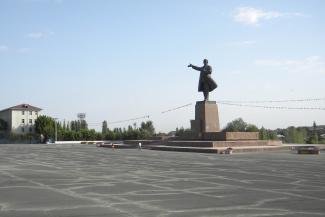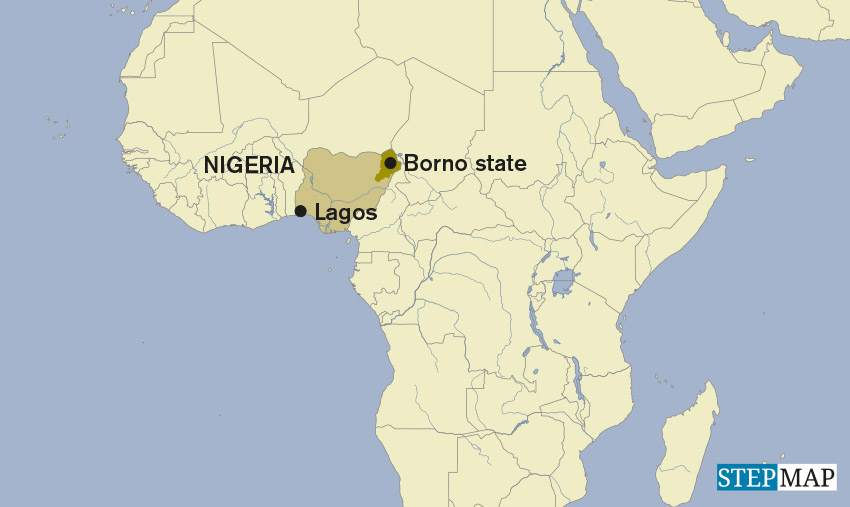Radicalisation
A better life in the caliphate

In the past three years, 2000 to 4000 men and women have left Uzbekistan, Kazakhstan, Kyrgyzstan, Tajikistan, Turkmenistan and China’s Xingjian region for Syria or Iraq, according to a recent ICG publication. The largest single group among the radicalised migrants are ethnic Uzbeks from Uzbekistan and Kyrgyzstan. They are driven by ethnic and religious discrimination, violent conflict and poor economic prospects, according to the ICG authors. They point out that the region suffers poor governance, corruption and crime, with things being especially tough in rural areas.
Particularly, Turkmenistan and Uzbekistan are said to “resemble authoritarian police states”, but all of the region’s security forces are blamed for compensating a lack of resources with harsh methods. According to the ICG, weak states cannot deal with radical Islam, and the idea of a caliphate is appealing to many. One reason is that Muslim organisations provide basic social services, but governments do not.
According to the ICG, the Islamic Movement in Uzbekistan (IMU) and its offshoots recruit ISIS fighters. While the IMU acts independently from ISIS, the terror militia is said to have given it “a renewed sense of purpose”.
Women’s motives
The ICG reports that governments tend to neglect the increasing radicalisation of women, even though recruiters specifically target them. For young women, joining ISIS offers the opportunity to escape the control of extended families and become more independent, the authors write. Mothers, moreover, are said to appreciate the social services militant Islamists provide, and some follow relatives that have left before them. In Iraq and Syria, female recruits become fighters or do supportive work for the militias, the authors report.
It is not hard for Central Asians to get to Syria or Iraq. The ICG notes that flights are cheap, border controls weak and entry to Turkey visa-free. The authors quote an Uzbek aid worker who calls the recruits “cannon fodder” since many do not have combat experience.
The ICG policy brief predicts that most recruits will die in combat, so returning fighters are not considered an immediate threat. Nonetheless, there is a risk, and the authors insist that rehabilitation and prevention efforts are needed. They insist that harsh laws on visiting terrorist training camps or fighting abroad are not enough. Only Uzbek law, so far, seems to show some tolerance for returnees without previous conviction.
“Zero-tolerance” approaches may backfire, warns the ICG team, especially because Central Asian countries are already governed in repressive ways. The ICG briefing emphasises that far too little is being done to address the reasons why citizens are leaving. Again, only Uzbekistan has started a programme in which mentors counsel families at risk of extremism. Whether it succeeds and will be scaled up all over the country, remains to be seen, the ICG states.
At the regional level, the Collective Security Treaty Organisation (CTSO) could play a major role in improving matters. The ICG’s experts consider it rather inexperienced, however. The authors want the EU and the US to recognise that Central Asia is becoming ever more important for ISIS recruitment and to support regional governments in responding to the dangers. So far, no major attacks have occurred in Central Asia, but the authors propose that preventive action should be taken fast.
Theresa Krinninger
Link:
International Crisis Group: Syria Calling: Radicalisation in Central Asia.
http://www.crisisgroup.org/~/media/Files/asia/central-asia/b072-syria-calling-radicalisation-in-central-asia.pdf












